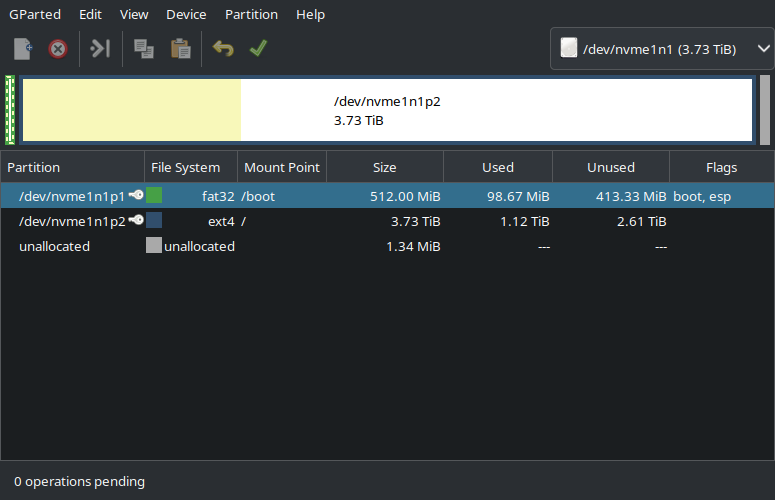

Cocaine Bear (2023) is surprisingly good. You think it’s gonna be one of those overly campy movies like Sharknado, but it’s pretty well written. I mean, don’t expect too much, it’s still a very solid 7/10. But the thing it understands best is it actually takes enough time at the beginning of the film to develop extensive cast of weird characters so once they all get thrown into the blender (cocaine bear) you actually care enough about them and what’s going on to care about the outcome.
So many movies these days forget you really need to care about those characters.
Fun time, give it a go some night when you’re bored and got nothing else to do.






Camp is when a movie maybe isn’t good, but you still want to give it a gold star for trying. It’s making a joke and you’re laughing with it more than you’re laughing at it (but you’re still laughing at it). Even stuff like The Room by Tommy Wiseau which I think most people agree is a pretty bad movie; it still comes from a place of sincere vision.
This is in contrast to stuff like Epic Movie where it is trying so hard to be camp that it is just terrible instead. And this is all obviously subjective.